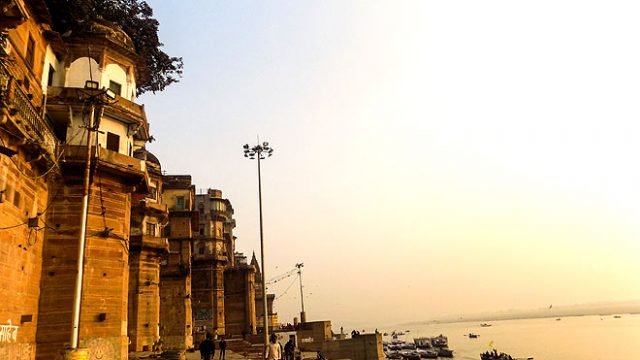LUCKNOW
For a brief while for about 150 years, between 1722 and 1856, Lucknow, the capital of Awadh, shone like a cosmopolitan jewel. The Awadhi nawabs and their courtiers created a culture of poetry and art so refined that we still use that tehzeeb as a benchmark. The Nawabs, especially the fourth, Asafuddaulah, were great builders, transforming a provincial Mughal town into a wondrous capital with famous buildings such as the Rumi Darwaza, the Bara Imambara with its maze, Bhulbhulaiya and a baoli that kept the subterranean rooms of the nawabs cool in summer and the Chota Imambara, among many more. Lucknow is connected to all major cities by air, road and rail.
AGRA
Let us not speak of the Taj, for though that marble wonder defines this city, the one-time capital of the Mughal Empire has much more by way of architecture and culture. The Agra Fort can serve as a primer on the many facets of Mughal architecture, and is every bit as stunning as the Taj. For an early prototype of the Jantar Mantar, there’s Humayun’s observatory at Gyarah Sidi. The tomb of Sikandra, Akbar’s final resting place, and its gardens are stunning, as is the delicate jewel that is the tomb of Itmad-ud-daula, built by his daughter, the queen Nur Jahan. And that’s just scratching the surface. Agra is about 210km from Delhi, a three-hour drive on the expressway.
BANARAS, VARANASI
A city that defies description, Banaras, Varanasi, is one of the oldest continuous settlements on the Gangetic Plains. Its sacredness is renowned, but it’s also a great cultural centre, giving us such culinary gems as the paan, the kachori, the jalebi and the thandai; the Banarasi sari, handicrafts such as the carpets of Mirzapur and a unique river-side architecture of ghats, temples, shrines, palaces and mosques. Add gorgeous sunrises and sunsets, the nearby marvel of Buddhist Sarnath, not to mention legendary fortresses like Chunar, and you get a city that’s a world in itself. Varanasi is well-connected by air, rail and road networks to major Indian cities.




